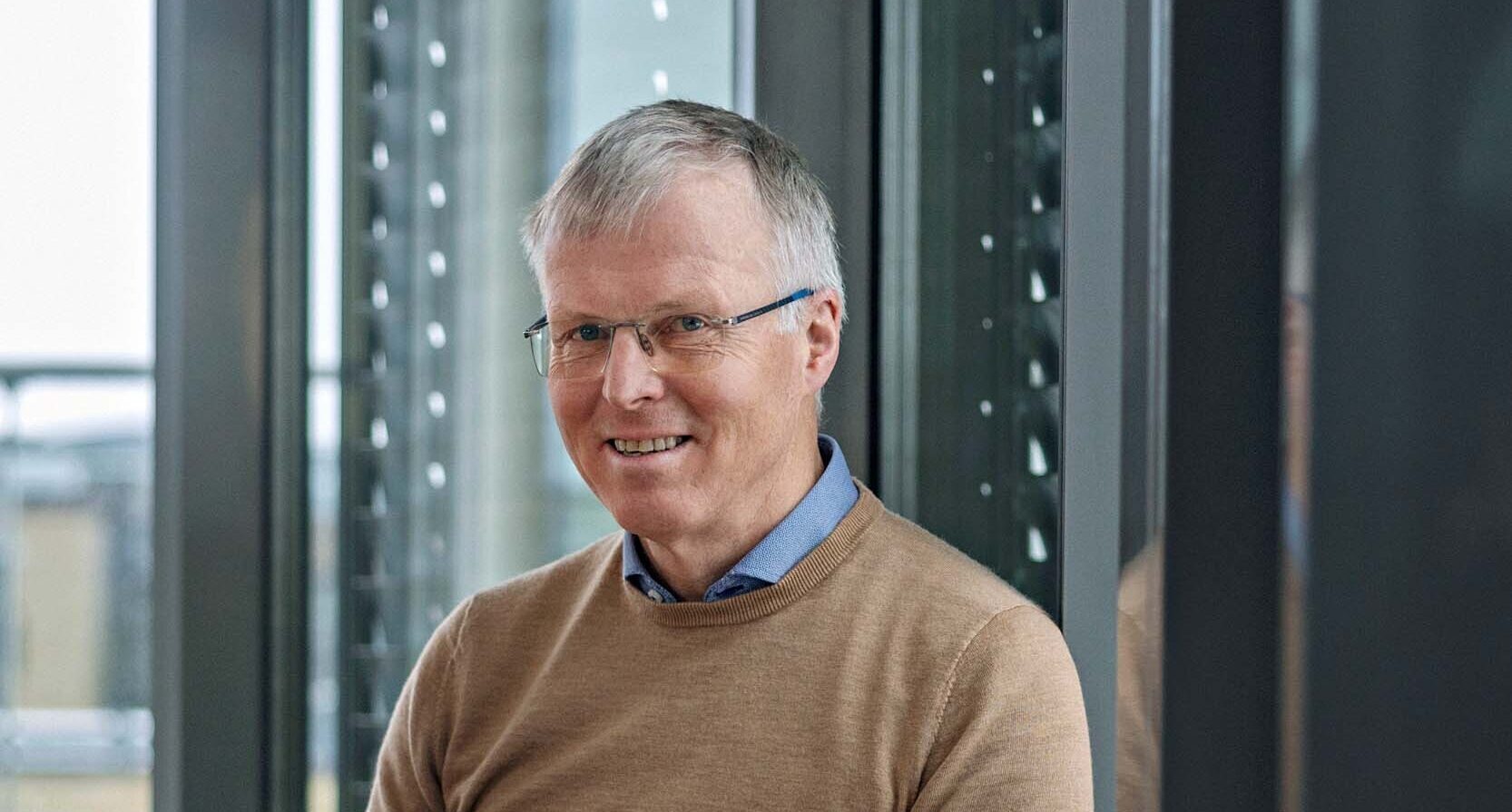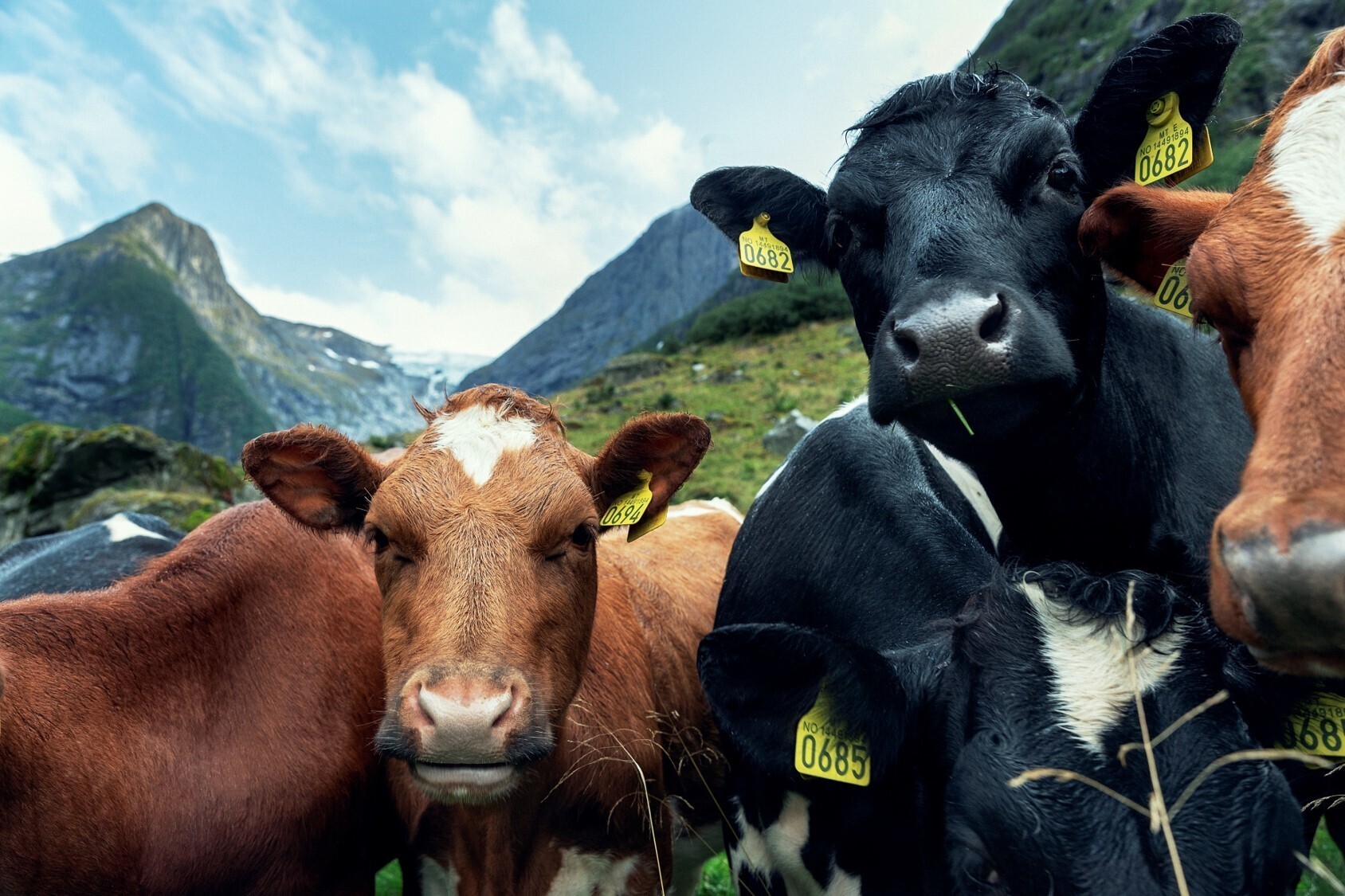The 2023 sustainability report summarizes the impact on climate, nature, animal welfare, and public health throughout our and Nortura’s value chain. It includes relevant information regarding Norilia’s business where applicable.

The 2023 sustainability report summarizes the impact on climate, nature, animal welfare, and public health throughout our and Nortura’s value chain. It includes relevant information regarding Norilia’s business where applicable.

Morten Sollerud, CEO Norilia
Photo: Sune Eriksen
The reported results are from the fiscal year January 1 to December 31, 2023, related to the goals in Nortura’s sustainability strategy. The selection of significant aspects is based on our stakeholder and materiality analysis from 2021.
"Our report amplifies our commitment to leveraging every resource for high-quality, in-demand products.", says Morten Sollerud, CEO of Norilia
The 2023 sustainability report, offers a comprehensive overview of their impact on climate, nature, animal welfare, and public health. The report underscores the company's commitment to sustainability and outlines several key initiatives and findings across their value chain.
Environmental Impact and Animal Welfare
The report points out that animals in Norway are among the healthiest globally, with the lowest antibiotic use in Europe. This is attributed to the collaborative efforts of veterinarians and farmers in preventive health work and responsible antibiotic use. The findings emphasize that Norwegian livestock, particularly dual-purpose cows and grass-fed cattle, are highly efficient in terms of resource utilization and have a relatively low climate footprint.
Biodiversity and Ecosystems
The report highlights the role of grazing animals in supporting biodiversity. Approximately 45% of Norway's land area is suitable for grazing, which helps maintain habitats for various species. The cessation of traditional farming practices like summer grazing and mowing poses a significant threat to these habitats, crucial for pollinators and other wildlife.

*.twig: Sune Eriksen
Research and Innovation
Our parent company, Nortura, are actively involved in several innovative research projects. These projects aim to develop sustainable Norwegian feed ingredients from underutilized bio-resources, such as seaweed and blue mussels, which can replace imported protein sources in animal feed. This research is part of their strategy to enhance self-sufficiency and sustainability in Norwegian food production.
Life Cycle Assessments (LCA)
The report presents life cycle assessments (LCA) based on Norwegian production and conditions, utilizing a common data foundation. These assessments, conducted by NORSUS, analyze the environmental impact of food production from cattle, sheep, swine, eggs, chicken, and turkey. The LCA provides a clear comparison of the various livestock's impact on the environment, including greenhouse gas emissions, land use, and water consumption.
Key Figures LCA: